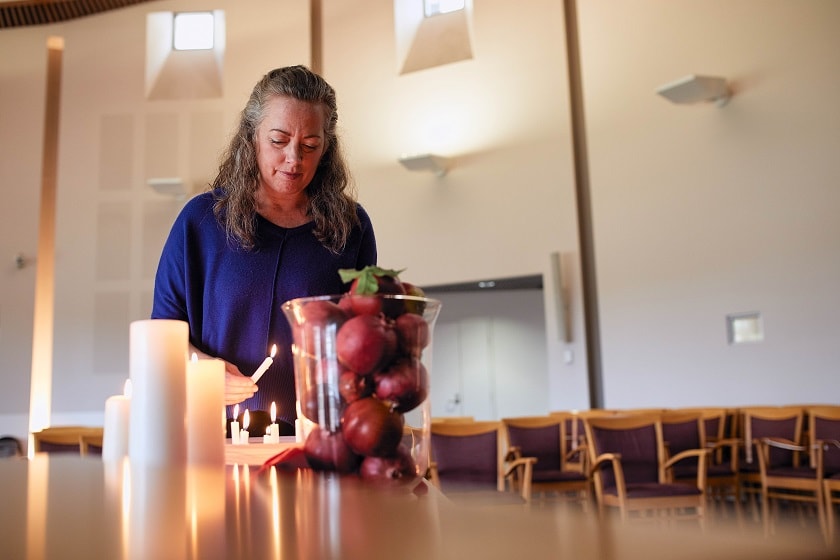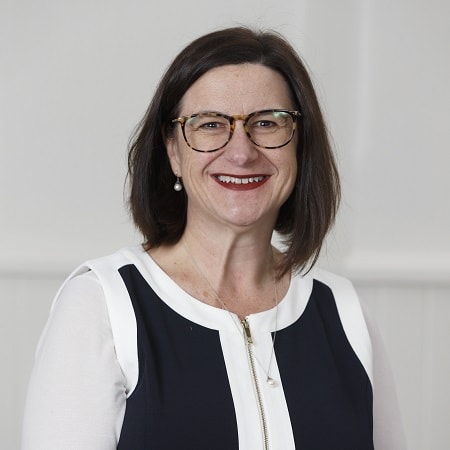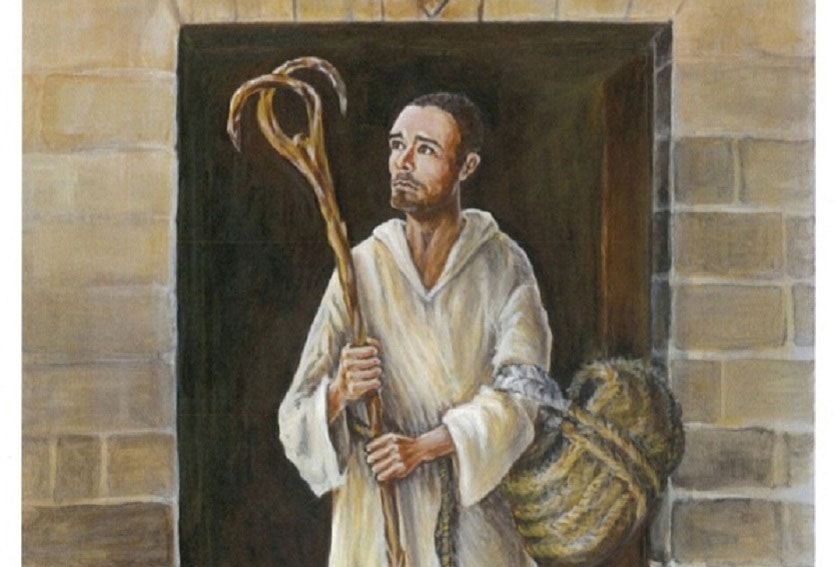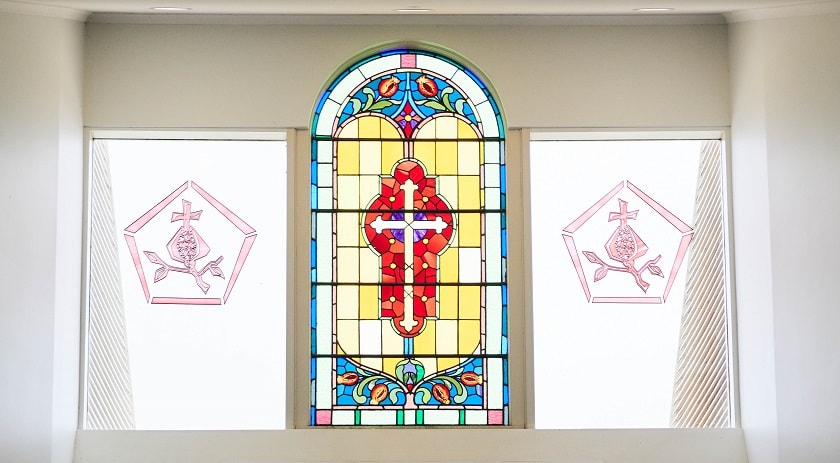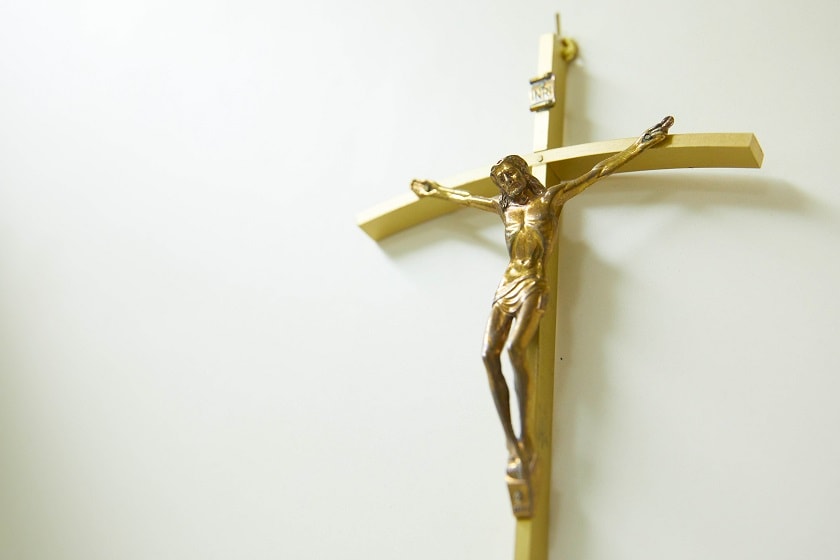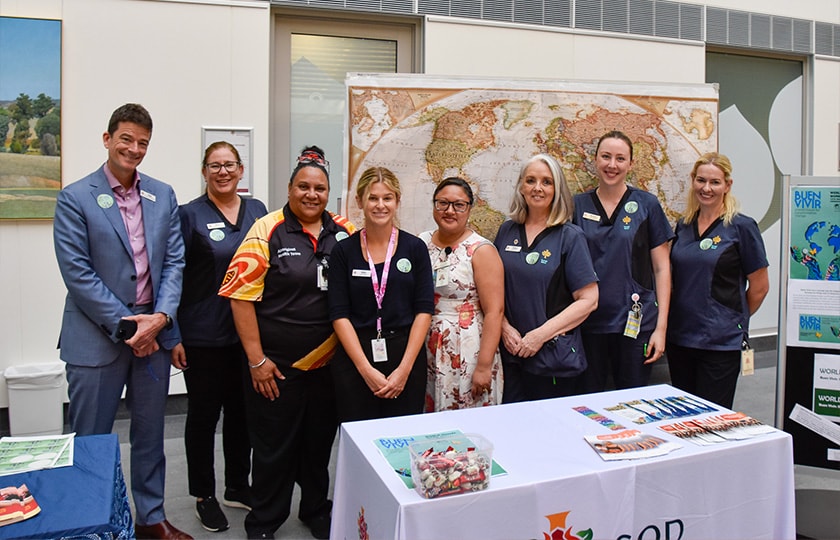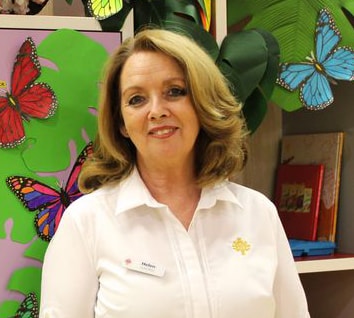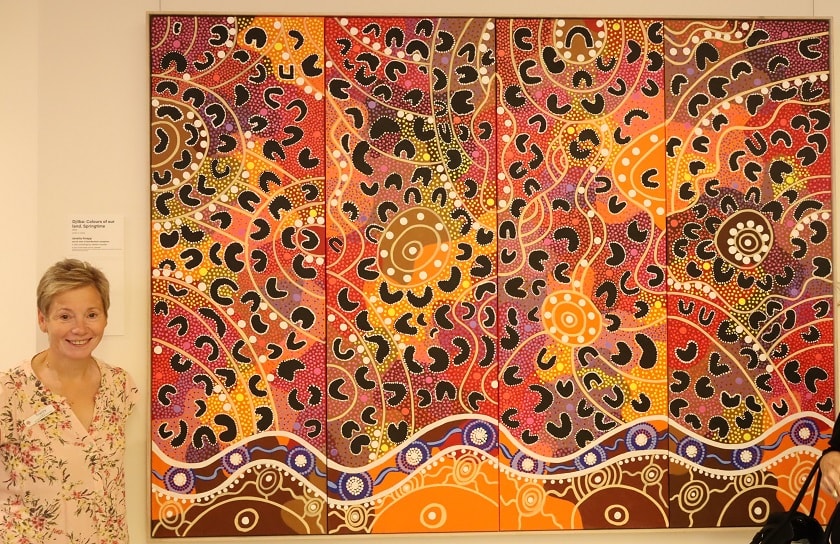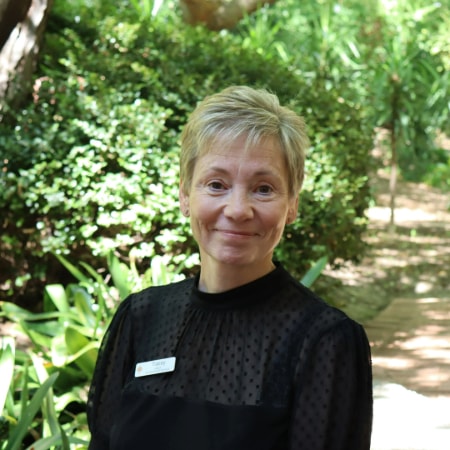One of the unexpected casualties of the last two years is my sense of time. I had not understood how closely the passing of the year is marked by ordinary moments.
The times when I was able to join with family, friends, and colleagues to mark the ordinary events of life, and the times of celebration and consolation; birthdays, funerals, and even trips to the football together. I realise now that each of these moments became markers for the passing of the year: “Dan’s birthday? Yes, that was right after Easter.” And “Alice’s baby was born on the Queen’s birthday long weekend, just before Mick moved house and I sprained my ankle.”
So it is really hard to grasp that here we are in December. Not just at the end of 2021, but at the end of nearly two years of living with COVID and the impact it has had on our lives. And it has impacted us all. Whether you lived through lockdowns and restrictions, were unable to spend time with those you loved, missed out on travel, totally reconfigured your working life and patient and client services, (and then reconfigured them again and again), all of us have been touched by the experience. And changed by it. I suspect it will be some time before we understand the depth of its impact on us individually, and as a community.
I had the opportunity to listen to colleagues from the Catholic health and community services sector share some of their experiences this week. They were asked to name the highlights from the year. At a time when we could be forgiven for thinking the balance would be skewed towards the lowlights, the stories of hope and optimism, grounded in the tough and stark reality of 2020 and 2021, were inspiring.
Every person present immediately had something to say. A story of a team securing and fitting out within 48 hours a safe house for a refugee mother and her six children fleeing domestic violence at the height of pandemic restrictions, negotiating byzantine departmental bureaucracies in the process. The Melbourne zoo providing PPE to a community services agency that could not secure gowns, gloves or hand sanitiser for love nor money. A research team that, while everyone else’s attention was understandably focused on COVID, made a drug breakthrough in treating pre-eclampsia that is hoped will reduce premature birth rates.
Everyone had a story of light shining through the darkness.
Finding the light in the midst of darkness is the heart of the Christmas story. As we begin this season of Advent (the four weeks prior to Christmas), we begin a time of waiting: waiting to recognise the light, and the hope, that has been promised to us. And as we wait, we have to trust in what we cannot yet see or understand.
This is what we live each Christmas. We wait on the promise of God’s love for humanity to be made real, tangible, in the birth of Jesus. We join the generations of people before us who have looked for light and hope in the darkness.
Pope Francis expressed this well when he said, “The star that appears to the Magi [the three wise men] was a sign of the birth of Christ. Had they not seen the star, these men would not have set out [on their journey to find Jesus]. The light goes before us, truth goes before us, beauty precedes us. God goes before us.”
At times of darkness in our lives, and darkness in our world, we wait to find the light, the hope and the life that is promised to us. COVID has taught us that we can be light for one another, especially for the people that we serve each day. Each of us has the capacity to bring light and hope into the life of those around us. As we begin our journey toward the promises of Christmas, take a moment each day to be the light for someone else, and find the light in others.

